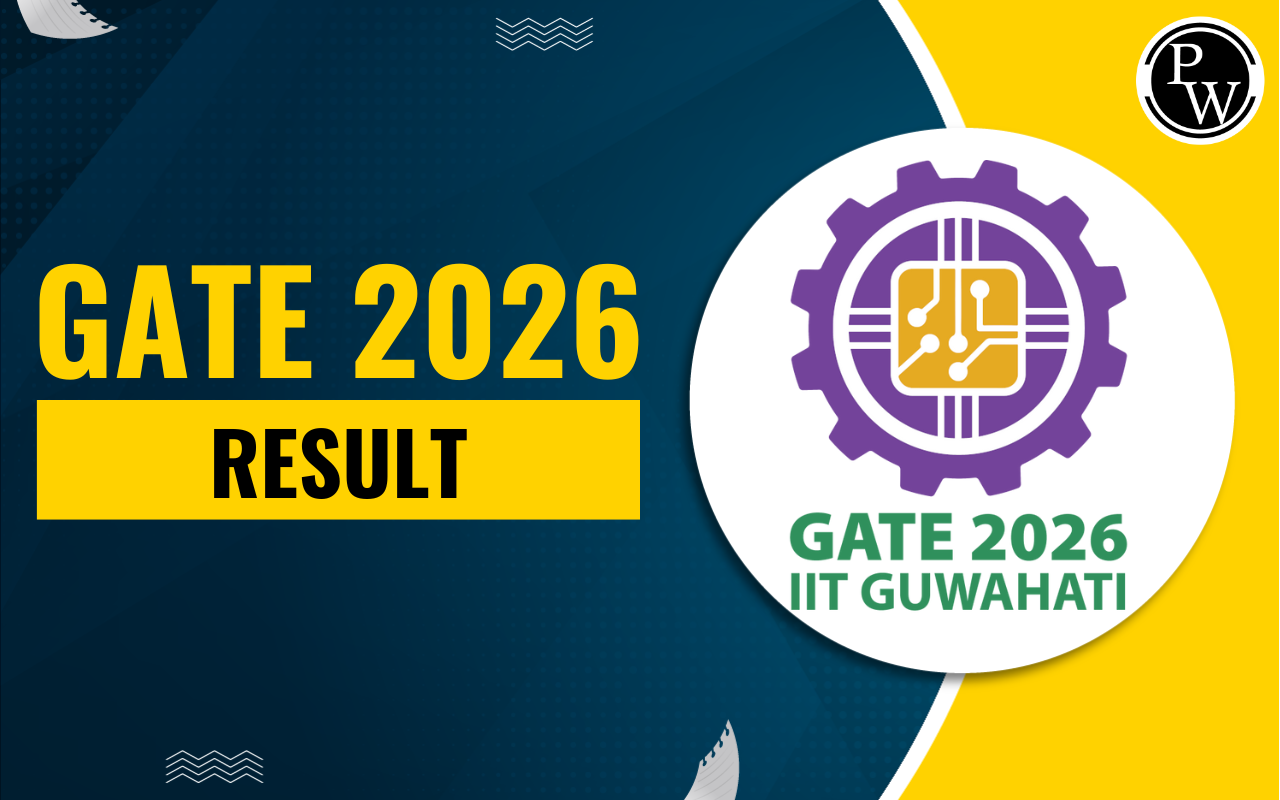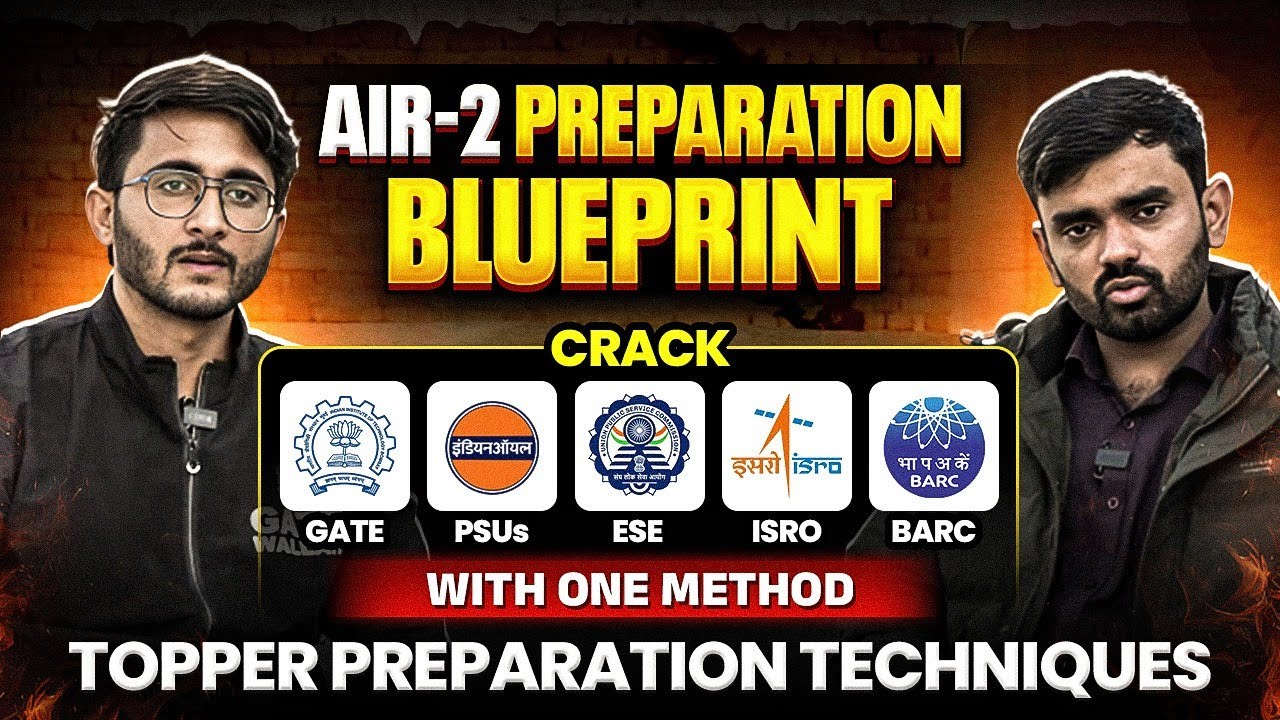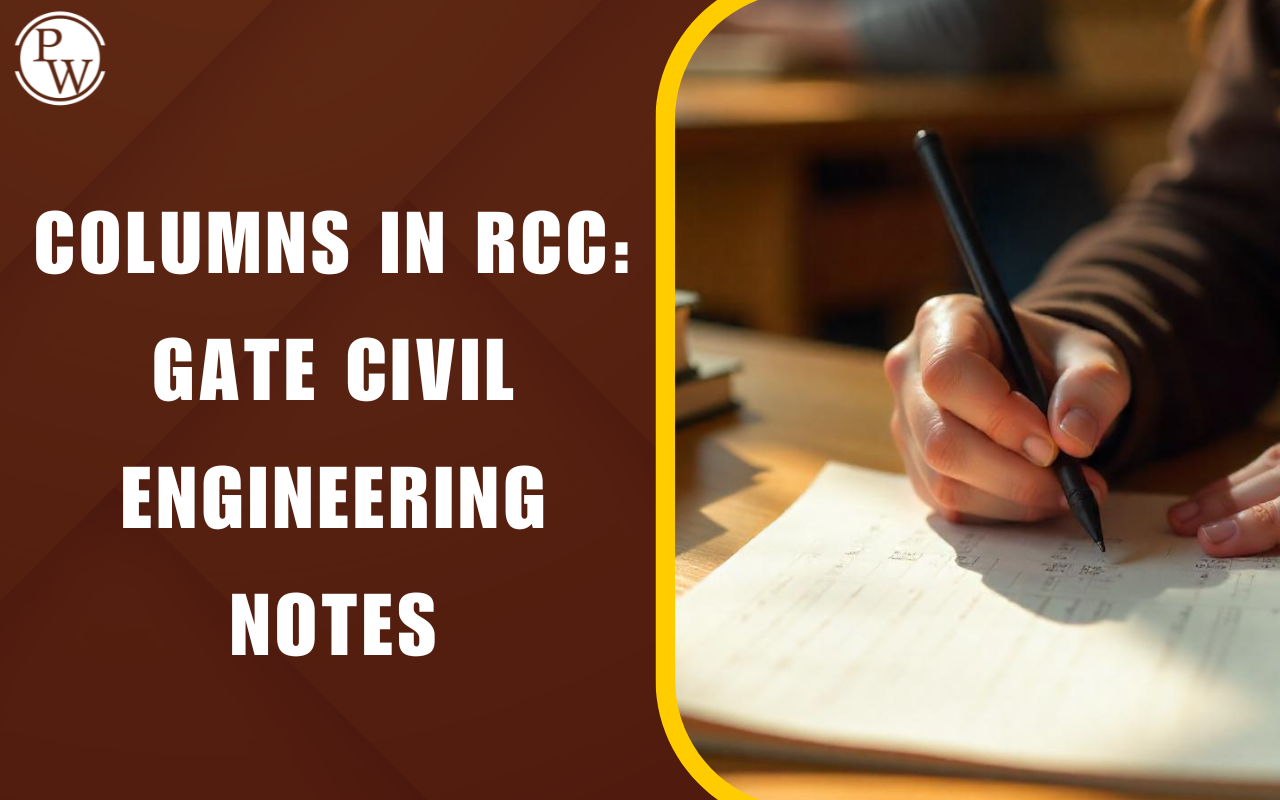
Petroleum Engineering Subjects: Petroleum Engineering is an academic program that is available at both the undergraduate and postgraduate levels for students who want to become petroleum engineers. The core Petroleum Engineering subjects are English, Engineering Physics, Basic Electrical and Electronics Engineering, Petroleum Geology, Process Instrumentation, and elective subjects.
Students seeking admission to undergraduate-level programs must successfully complete their higher secondary examination (10+2) in the science stream. For master-level courses in petroleum engineering, it is mandatory to have a bachelor's degree in a relevant science field.Petroleum Engineering Subjects
The petroleum engineering subjects covered by undergraduate students are divided into eight semesters. Whereas, in masters, the subjects are divided into a total of four semesters. Physics, Chemistry, Mathematics, Geology, Thermodynamics, Computation, Applied Mechanics, and Structural Engineering are some of the core petroleum engineering subjects. Students must have a strong understanding of the subjects related to petroleum engineering prior to pursuing the course. Check: Petroleum Engineering Syllabus 2024 for GATEWhat is Petroleum Engineering?
Petroleum engineering is a specialist discipline of engineering concerned with the extraction and production of hydrocarbons such as natural gas and petroleum. Students who are interested in this field can pursue a career in petroleum engineering immediately after completing their 10+2 education by acquiring an undergraduate degree (B.Tech). Petroleum engineering is a highly rewarding field of engineering that is well-known for its outstanding job opportunities and is one of the highest-paying fields in the engineering domain. It offers evergreen job opportunities with promising career growth.| Petroleum Engineering Highlights | |
| Particulars | Details |
| Offered Courses | Undergraduate (UG), Post graduate (PG), and Doctoral Level (PhD) |
| Admission Procedure | Entrance exams and academic qualifications |
| Duration of the program | Undergraduate program- 4 years Postgraduate program - 2 years |
| Average course fee | Range from INR 15,000 to INR 3, 45,000 (approximately) |
| Average Salary | Approximately INR 4 to INR 6 lakhs |
| Career Scope | Advisor/Consultants, Field operator, Testing manager/professional, Program management analyst, Technician, Junior Engineer position, research associate, Project Associate, Research Engineer position, Grade ‘B’ Engineers, and Lecturers Professors |
Petroleum Engineering Subject List
Petroleum engineering is an expansive area of study that aims to provide students with the information and skills required for the exploration, production, and management of hydrocarbon resources such as natural gas and petroleum. Let's have a look at some of the key petroleum engineering subjects listed in the table below.| Core Petroleum Engineering Subject List | |
| Name of Subject | Details of Subject |
| English |
Under this subject, students will learn to identify their listening, speaking, reading, and writing skills. This subject aims to help engineering students improve their linguistic as well as communicative skills. Some of the additional topics within this petroleum engineering subject are:
|
| Engineering physics |
Students studying this subject will gain knowledge of coherent sources, utility optical instruments, optical interference, etc. Additionally, nuclear power is taught to students as a dependable supply for industry.
Other parts of this petroleum engineering subject include:
|
| Basic Electrical and Electronics Engineering |
In this subject, students explore various principles of electrical laws and network analysis and delve into the construction specifics of DC machines, transformers, alternators, and 3-phase induction motors. Additionally, students gain insight into the functioning of PNP and NPN transistors and the operation of different types of amplifiers.
The following are additional topics covered in this petroleum engineering subject:
|
| Petroleum Geology |
This subject centers on the examination of the origins, presence, accumulation, mobility, and exploration of hydrocarbon fuels. Students acquire the ability to recognize various sources, including reservoirs and caprocks. The following are some more topics covered in this petroleum engineering subject:
|
| Process Instrumentation |
In this petroleum engineering subject, students learn about the fundamental components of instruments, covering both their static and dynamic characteristics. They also become familiar with various industrial thermometers, composition analysis techniques, and more. Some additional topics are:
|
|
Elective/ Optional Petroleum Engineering Subjects |
|
| Pipeline Engineering | This subject focuses on the operation and maintenance of pipelines. Students study pipeline product manufacture, pipe design, cleaning services, and related topics. |
| Offshore Engineering | Students explore deepwater offshore structures and related difficulties. Wave theory for linear waves and its application to offshore structures—including wind, wave, gravity, and other phenomena—are covered in this subject. |
| Reservoir Stimulation | Reservoir Stimulation covers the study of rock mechanics and its application through various analytical models, including 2D, pseudo 3D, and real 3D models. Students also learn about fluid fracturing, fracturing fluid rheology, and the design of fracturing fluids. |
Petroleum Engineering Subject List- Yearly and Semester Wise
The petroleum engineering subjects in the undergraduate-level programs may vary from university to university; however, they generally cover a core set of subjects from the first semester to the last. The undergraduate program in petroleum engineering is a four year degree program. Check out the broad year and semester-wise overview of the petroleum engineering subjects outlined in this section.Petroleum Engineering Subjects- 1st Year
Each year of petroleum engineering courses includes two semesters. The first year includes subjects like engineering chemistry, mathematics I and II, and elements of mechanical engineering, among other topics as outlined below.| 1st Year Petroleum Engineering Subject List | |||
| Semester | Core/ Optional | Subject Name | Subject Details |
| 1 | Core | Engineering Chemistry | This petroleum engineering subject equips students with essential knowledge of chemistry concepts necessary for engineering. This subject covers the study of chemical plant design and operation, the processes involved in transforming raw materials into final products, and various related aspects important for engineering students. |
| 2 | Core | Mathematics II and III | This subject focuses on enhancing students' mathematical skills, techniques, and methods. These mathematical foundations are vital for the development of analytical and design concepts in different engineering applications. |
| Elements of Mechanical Engineering | This subject offers students an understanding of various mechanical systems and fundamental principles related to materials, fuels, internal combustion engines, steam systems, compressors, hydraulic machines, and transmission systems. This knowledge forms a solid foundation for engineering applications and problem-solving. | ||
Petroleum Engineering Subjects- 2nd Year
Subjects like complex variables and thermodynamics for petroleum engineers are covered in the third and fourth semesters of the petroleum engineering course, respectively. Check further details regarding the second-year semester-wise petroleum engineering subject provided in the table below.| 2nd Year Petroleum Engineering Subject List | |||
| Semester | Core/ Optional | Subject Name | Subject Details |
| 3 | Core | Complex Variables | This petroleum engineering subject delves into the study of special functions and their generating functions, encompassing concepts from geometry, algebra, and calculus. |
| 4 | Core | Thermodynamics for Petroleum Engineers | In it, students learn the fundamental laws of thermodynamics, including the zeroth, first, and second laws. This subject delves into various thermodynamic properties such as specific volume, internal energy, enthalpy, entropy, and specific heat. Additionally, they explore how to apply these thermodynamic principles to analyze chemical processes and more. |
Petroleum Engineering Subjects- 3rd Year
The third year of the petroleum engineering program includes core and elective subjects related to drilling technology and alternative energy sources for automobiles. Find out the details of the third year petroleum engineering subjects in the table below.| 3rd Year Petroleum Engineering Subject List | |||
| Semester | Core/ Optional | Subject Name | Subject Details |
| 5 | Core | Drilling Technology | This petroleum engineering subject provides comprehensive knowledge of drilling processes, covering various aspects of drilling operations and processes, including equipment, designs, tools, techniques, and related components essential for effective drilling operations. |
| 6 | Elective | Alternative Energy Sources for Automobiles | Automobiles require various alternative energy sources, including LPG, CNG, methanol, ethanol, hydrogen, biodiesel, electricity, and fuel cells. This subject delves into detailing the benefits, drawbacks, features, and distinctions among these alternative energy sources |
Petroleum Engineering Subjects- 4th Year
The fourth year of the petroleum engineering undergraduate course includes two semesters with one core and another elective subject. The sixth and seventh semester petroleum engineering subjects are outlined in the table below.| 4th Year Petroleum Engineering Subject List | |||
| Semester | Core/ Optional | Subject Name | Subject Details |
| 7 | Elective | Natural Gas Hydrates | The properties and characteristics of natural gas hydrates, the classification of NGH, hydrate formation, dehydration processes, deactivation of hydrates, and various related aspects provide a comprehensive understanding of this important topic. |
| 8 | Core | EOR Techniques | The study of secondary and tertiary recovery methods for extracting crude oils from specific reservoirs is included in this petroleum engineering subject. It further covers the maintenance of injection wells, production wells, ignition procedures, and the proper handling of injection wells and related processes, which are essential for enhanced oil recovery. |
Petroleum Engineering Subjects- Offered Specializations
One of the most diverse branches of engineering is petroleum engineering, which focuses on processes related to the production of hydrocarbons, such as natural gas and crude oil. Its main goal is to create machinery and procedures for the effective exploitation of these priceless resources. Check the table below to learn about the specializations offered in petroleum engineering subjects.| Specializations Offered in Petroleum Engineering Subjects | ||
| Subjects | Specialization | Details |
|
Drilling Engineering | The Drilling Engineering specialization covers a range of drilling techniques and ideas and represents the first use of technology in oil field operations. |
|
Production Engineering | As a branch of petroleum engineering, production engineering educates students in product manufacture, raw material-based product design, process implementation, and manufacturing process operation, control, and maintenance. |
|
Reservoir Engineering | The development and profitable recovery of oil and gas reservoirs depend on the application of scientific concepts to fluid flow in porous media, which is the focus of reservoir engineering. |
Petroleum Engineering Subjects- Best Books
Petroleum engineering, as a highly diverse branch with multiple specializations, requires students to study a wide range of reference books during their undergraduate and postgraduate studies. Here are some highly recommended petroleum engineering subject-wise books:| Subject Wise Petroleum Engineering Best Books | ||
| Name of Petroleum Engineering Subjects | Book Title | Author |
| Natural Gas Hydrates | Natural Gas Hydrates: A Guide for Engineers | John Carroll |
| Engineering Physics | Functional Analysis: An Introduction | Hiroyuki Shima |
| Basic Electrical and Electronics Engineering | Basic Electrical and Electronics Engineering | R. Saravanakumar, V. Jegathesan, and K. Vinoth Kumar |
| Petroleum Geology | Geology Of Petroleum, 2nd Edition | LEVORSEN A.I. |
| Process Instrumentation | Instrumentation and Process Control | Vishnu Priye, Janardan Prasad |
| Petroleum Production Engineering | Petroleum Production Engineering | Boyun Guo |
| Surface Production Operations | Surface Production Operations, Volume 1: Design of Oil Handling Systems and Facilities | Maurice Stewart |
| Petroleum Economics, Policies and Regulations | Petroleum, Industry, and Governments: An Introduction to Petroleum Regulation, Economics, and Government | Bernard Taverne |
Petroleum Engineering Subjects FAQs
What are the petroleum engineering subjects?
The petroleum engineering subjects include English, engineering physics, basic electrical and electronics engineering, and petroleum geology, among others, as explained in the article above.
Is the petroleum engineering branch difficult?
Petroleum engineering students explore a variety of advanced sciences and mathematics, including physics, biology, thermodynamics, and geology.
How do I check petroleum engineering subjects for B.Tech?
You can check the yearly semester wise petroleum engineering subject list in the aforementioned article.
What subjects are included in petroleum engineering?
Petroleum engineering subjects primarily include Economics, Geology, Geochemistry, Geomechanics, Geophysics, Oil Drilling, Geopolitics, Knowledge Management, Seismology, and Team Building.
🔥 Trending Blogs
Talk to a counsellorHave doubts? Our support team will be happy to assist you!

Free Learning Resources
PW Books
Notes (Class 10-12)
PW Study Materials
Notes (Class 6-9)
Ncert Solutions
Govt Exams
Class 6th to 12th Online Courses
Govt Job Exams Courses
UPSC Coaching
Defence Exam Coaching
Gate Exam Coaching
Other Exams
Know about Physics Wallah
Physics Wallah is an Indian edtech platform that provides accessible & comprehensive learning experiences to students from Class 6th to postgraduate level. We also provide extensive NCERT solutions, sample paper, NEET, JEE Mains, BITSAT previous year papers & more such resources to students. Physics Wallah also caters to over 3.5 million registered students and over 78 lakh+ Youtube subscribers with 4.8 rating on its app.
We Stand Out because
We provide students with intensive courses with India’s qualified & experienced faculties & mentors. PW strives to make the learning experience comprehensive and accessible for students of all sections of society. We believe in empowering every single student who couldn't dream of a good career in engineering and medical field earlier.
Our Key Focus Areas
Physics Wallah's main focus is to make the learning experience as economical as possible for all students. With our affordable courses like Lakshya, Udaan and Arjuna and many others, we have been able to provide a platform for lakhs of aspirants. From providing Chemistry, Maths, Physics formula to giving e-books of eminent authors like RD Sharma, RS Aggarwal and Lakhmir Singh, PW focuses on every single student's need for preparation.
What Makes Us Different
Physics Wallah strives to develop a comprehensive pedagogical structure for students, where they get a state-of-the-art learning experience with study material and resources. Apart from catering students preparing for JEE Mains and NEET, PW also provides study material for each state board like Uttar Pradesh, Bihar, and others
Copyright © 2026 Physicswallah Limited All rights reserved.









